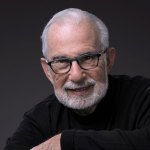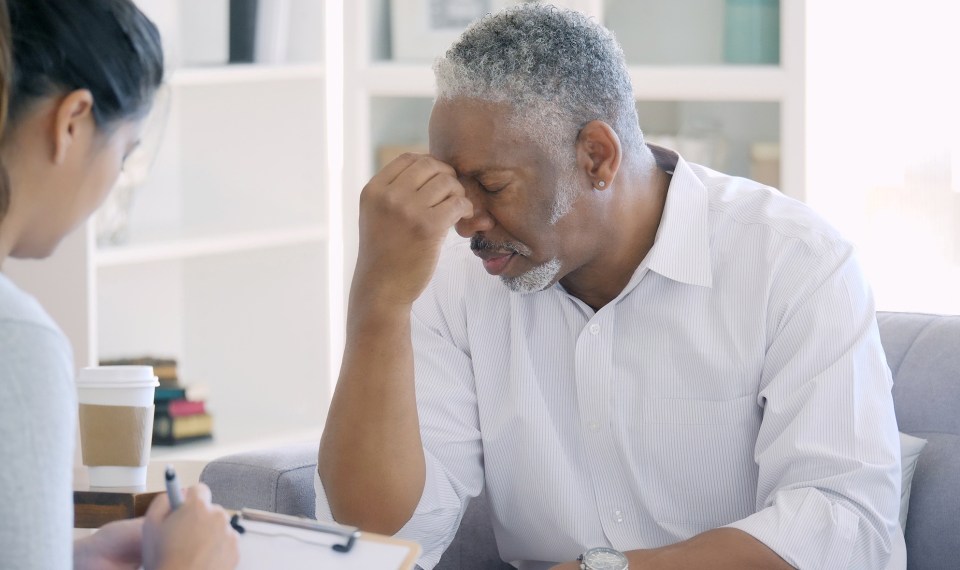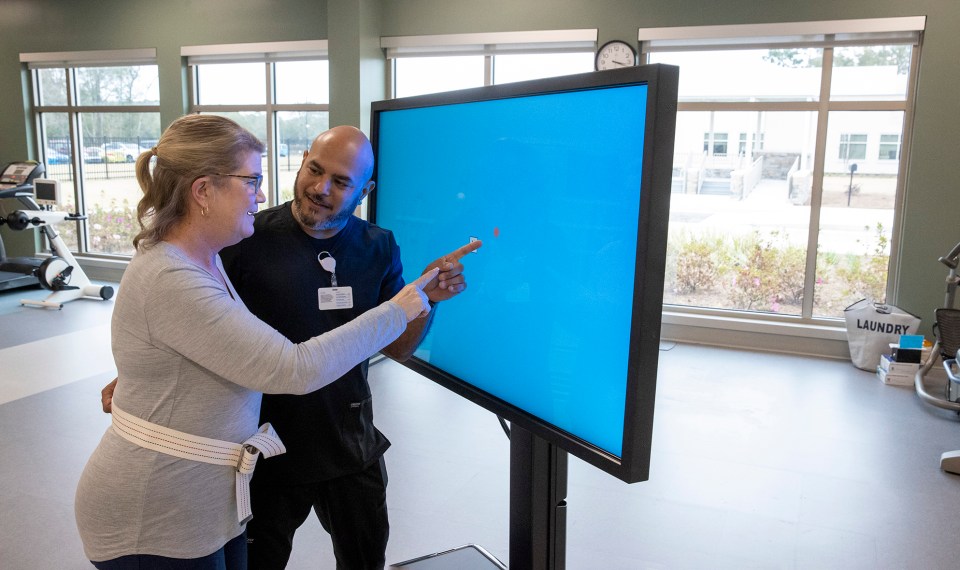For more than 25 years, Frank Bruni has been an author and columnist for the New York Times. I just finished reading his memoir, “The Beauty of Dusk,” which was prompted by his dealing with the loss of vision in one eye caused by a stroke. His livelihood and career depend on reading and writing. I realized that much of what he wrote applies to me and all the patients I’ve taken care of over the years.
Because I don’t think I can say it any better, I will start with a paragraph from the early part of his book.
“The challenge of life, present for most of it but more dominant in the second half, is adjusting to loss or, more specifically, developing the judgment and grace not only to accept its inevitability but also to recognize that it’s not the only trajectory, that there are many ways to meet and measure it and that there are consolations, including all that remains. Cherishing those leftovers—those holdovers—is the key to thriving, and sometimes even to surviving.
Think of the Good Things
I know that you didn’t go online and ask to be sent a stroke or cancer. But you have it. I always told my patients to never think “Why me?” but instead, “Why not me?” Millions of people are dealing with adversity, and now it is your turn. Think about all the things that have gone right in your life, and you might even see that in many ways you have been lucky. When adversity arrives at our doorstep, it is easy to focus on the negative and not appreciate all that is right in our lives. That is why I really like the way Frank Bruni uses the words “leftovers” and “holdovers” when examining our future and what lies ahead of us.
Think about all the things that have gone right in your life.
Hold on to Those Dreams
It might not be as difficult if you only had to deal with your own thoughts, but there are many people, including healthcare professionals, telling you that you will not be able to do things you had planned to do. I always tell my college-age grandchildren to not let anyone steal their dreams or as Joseph Campbell told his students, “Follow your bliss.”
I can imagine you thinking, is this realistic? Absolutely.
Getting Started
I am famous for making lists. Let’s get you and your family to do the same.
- Can Do versus Can’t Do. After a stroke or with a new illness, we tend to focus on the things we cannot do. I am not trying to minimize the impact upon you and your family—it is difficult. In the midst of all these changes, make a list of all the things you can do. You will be surprised at its length.
- Planning for the future. You may need to start with small attainable goals. What do you want to do with whatever time you have left? We all have to deal with that. Once you identify the things you would like to do, work with your family to plan how you can make them happen.
Things You Can Do
Being in the hospital and undergoing rehabilitation can make you feel like things are spinning out of your control. Having a plan puts you back in control.
- What are your dreams? What was on your “to do” list before your stroke or illness. Write it down, and go over it with your family to see what it will take to do them. Once you have that figured out, meet with your physician and therapists and ask what you have to do to realize your dreams. It reduces the size of the problem. You are back in control.
- Make a list of whom you want to stay in touch with, and then have a system to talk or meet with them at regular intervals.
- Eliminate negative thoughts. You can start by limiting the amount of the news you watch on television.
- It’s OK to scream. You will get frustrated. I find a good scream when I am alone feels good.
- See the future from a positive position. If I do “A” then I will be able to do “B.”
Focus on good news
The Future Can Look Bright
There is another paragraph in Frank Bruni’s book that resonated with me. In the interest of total transparency, I have had cancer the last five years and underwent a stem cell transplant. I am always on chemotherapy. I know of what I speak. I’ve been there.
“Norbert Schwartz, a professor of psychology and marketing at USC, explained that what determined people’s happiness wasn’t their physical condition or capabilities but what they paid attention to, what they emphasized, what they accomplished with the possibilities available to them. It’s important to realize no matter what your illness is, you’re not a patient 24 hours a day. Much of your day is pleasant. The sun still shines, you spend time with friends, food still tastes good. All these things are as enjoyable as before.”
I keep this quote on my smartphone. You should consider doing the same.
The content of this site is for informational purposes only and should not be taken as professional medical advice. Always seek the advice of your physician or other qualified healthcare provider with any questions you may have regarding any medical conditions or treatments.




